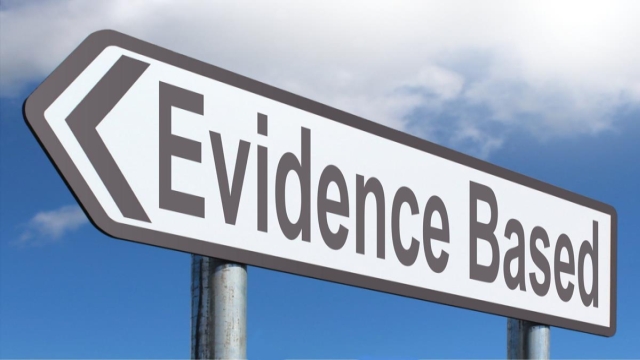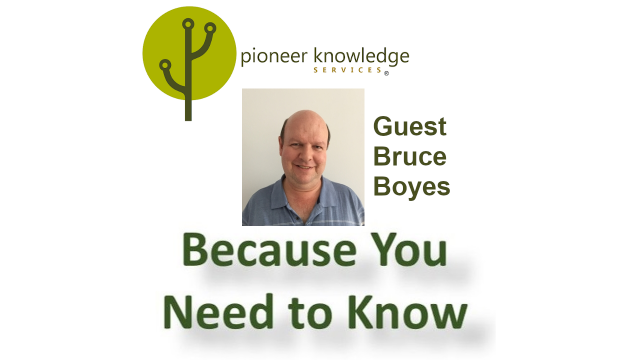
How values influence the way we interpret evidence
In a blog post, Professor David Pannell from the University of Western Australia expresses concern about the confirmation bias evident in an article discussing research in which he had been involved.
The research had found that farmers in central Victoria pay more on average for land retaining some woody vegetation than they do for land that has been completely cleared. The article triggering concern has been published on the Institute of Public Affairs (IPA) “Freedom Watch” website. Titled “We don’t need laws to tell farmers to like trees“, it argues that from the research, “if the private market values native vegetation, why does government have to interfere at all?”. Pannell states that “this article really feels like the evidence has been shoehorned to support a pre-determined position”, concluding that the article exhibits confirmation bias.
A second example can be found in a blog post by Professor Joern Fischer from Leuphana University. Fischer discusses what he describes as “pre-analytical frames”, using an article titled “The solution for the melting polar ice caps may be hiding in the rainforest” that was written by Dr Paul Salaman, the CEO of Rainforest Trust, and published in The Guardian. The article is based on a published paper about the carbon stored in the tropical forests.
Fischer says that pre-analytical frames are the often unexplored views and assumptions we hold about the world. He states that:
The paper provides an essentially a consequentialist, pre-analytical framework for making judgements about conserving the rainforests (things will be better if we do). Dr Salaman deftly takes this broad consequentialist starting point to provide a narrower utilitarian argument, and one based on aggregate utility maximization (another pre-analytical frame) – no consideration of the distribution of costs and benefits of that choice. I would argue there are many other important underpinning assumptions such as Dr Salaman’s call for buying rainforests, because it is an “economical” means of mitigating climate change, implying that notions such as efficiency and cost effectiveness are the metric by which we should judge such choices. What role does that leave for notions such as rights, justice, or responsibility (as expressed in traditional deontological arguments for conservation)?
In consideration of these issues, he recommends that:
…we need to think more about the scientific models we create. We should be mindful of the pre-analytic frames our models are … based on, and what discourse and values these in turn legitimize.
Also published on Medium.






